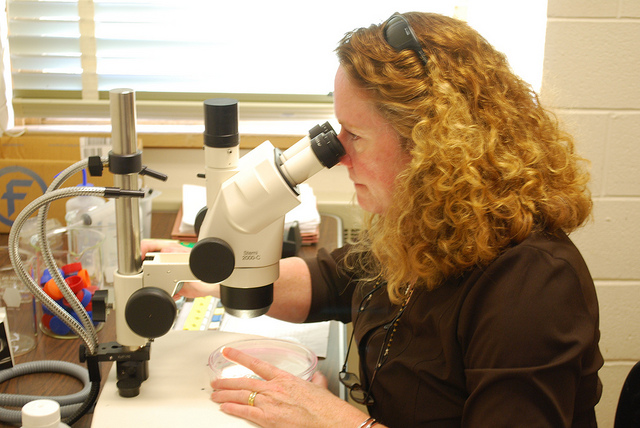Healthy intimacy enriches one’s life with one’s partner. As the old saying goes: “Friendship multiplies joys and cuts sorrow in half.”
Another old saying goes: “You are only as sick as your relationships.”
There is wisdom in old sayings. Over time scientific research often confirms what we learn by lived experience. This is certainly the case for the “health” in healthy intimacy. What happens with you put the effects of healthy intimacy under the microscope?
Here is a partial and incomplete list of research that has been done over the years on the healthy benefits of healthy intimacy.
Embracing someone special can lower blood pressure. Couples who held each other’s hands for 10 minutes followed by a 20-second hug had healthier reactions to subsequent stress. Compared with couples who rested quietly without touching, the huggers had:
[arrow_list]- lower heart rate
- lower blood pressure
- smaller heart rate increases
Grewen KM, Anderson BJ, Girdler SS, Light KC. “Warm partner contact is related to lower cardiovascular reactivity.” Behavioural Medicine, 2003;29:123-30.
A study of 10,000 men found that those who felt “loved and supported” by their spouse had a reduced risk of angina. This was the case even if they had other risk factors, such as being older or having raised blood pressure.
Medalie JH, Goldbourt U. “Angina pectoris among 10,000 men. II. Psychosocial and other risk factors as evidenced by a multivariate analysis of a five-year incidence study.” American Journal of Medicine, 1976;60:910-21.
A study of 8,000 men found there was more chance of them getting a duodenal ulcer if they:
[arrow_list]- had family problems
- didn’t feel loved and supported by their wife
- didn’t retaliate when hurt by colleagues
Medalie JH, Stange KC, Zyzanski SJ, Goldbourt U. “The importance of biopsychosocial factors in the development of duodenal ulcer in a cohort of middle-aged men.” American Journal of Epidemiology, 1992;136:1280-7.
One 10-year study of 1,500 people over 70 years old found that those with stronger friendship networks lived longer than those with fewer friends.
Giles LC, Glonek GF, Luszcz MA, Andrews GR. “Effect of social networks on 10-year survival in very old Australians: the Australian longitudinal study of aging.” Journal of Epidemiology and Community Health, 2005;59:574-9.
Want more. The following research has been compiled by Karen Prager in her book: The Psychology of Intimacy.
Confiding in another improves health. Surviviors of the Nazi Holocaust showed improved health after disclosing traumatic experiences. (Pennebaker, Barget, and Tiebout, 1989) This effect was also measure in college students who shared stressful experiences, (Greenberg & Stone, 1992)
People who lack intimacy have higher mortality rates, more accidents, and higher risks for developing illness. (Berman & Margolin, 1992). They show depressed immunological functioning (Kiecold-Glaser et al, 1988)
People who have conflicted or unsatisfying close relationships are more likely to demonstrate poor self-efficacy (Coyne & Smith, 1991), psychological symptomatology (Rhodes, Ebert, & Myers, 1994), depression ((Keitner & Miller, 1990), physical complaints (Waring & Russell, 1980)
The effects of healthy intimacy on physical health are being proved and documented on a regular basis. As researchers continue to work, confirmation of the benefits of healthy intimacy will continue to build.
Couples who have learned to invest in healthy intimacy not only multiply their joy and cut their sorrows in half, they enjoy greater physical health as well.
It is true: We are only as healthy as our relationships.

